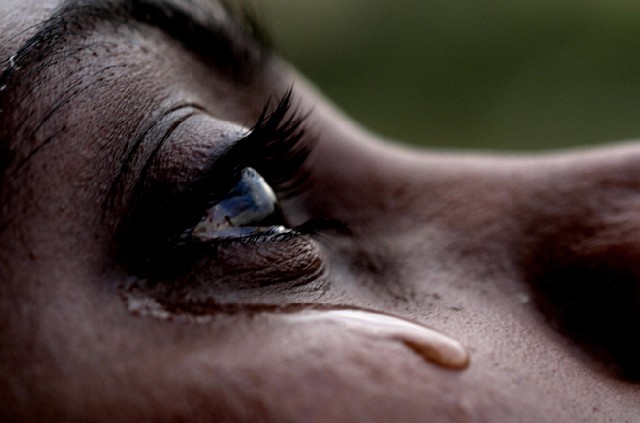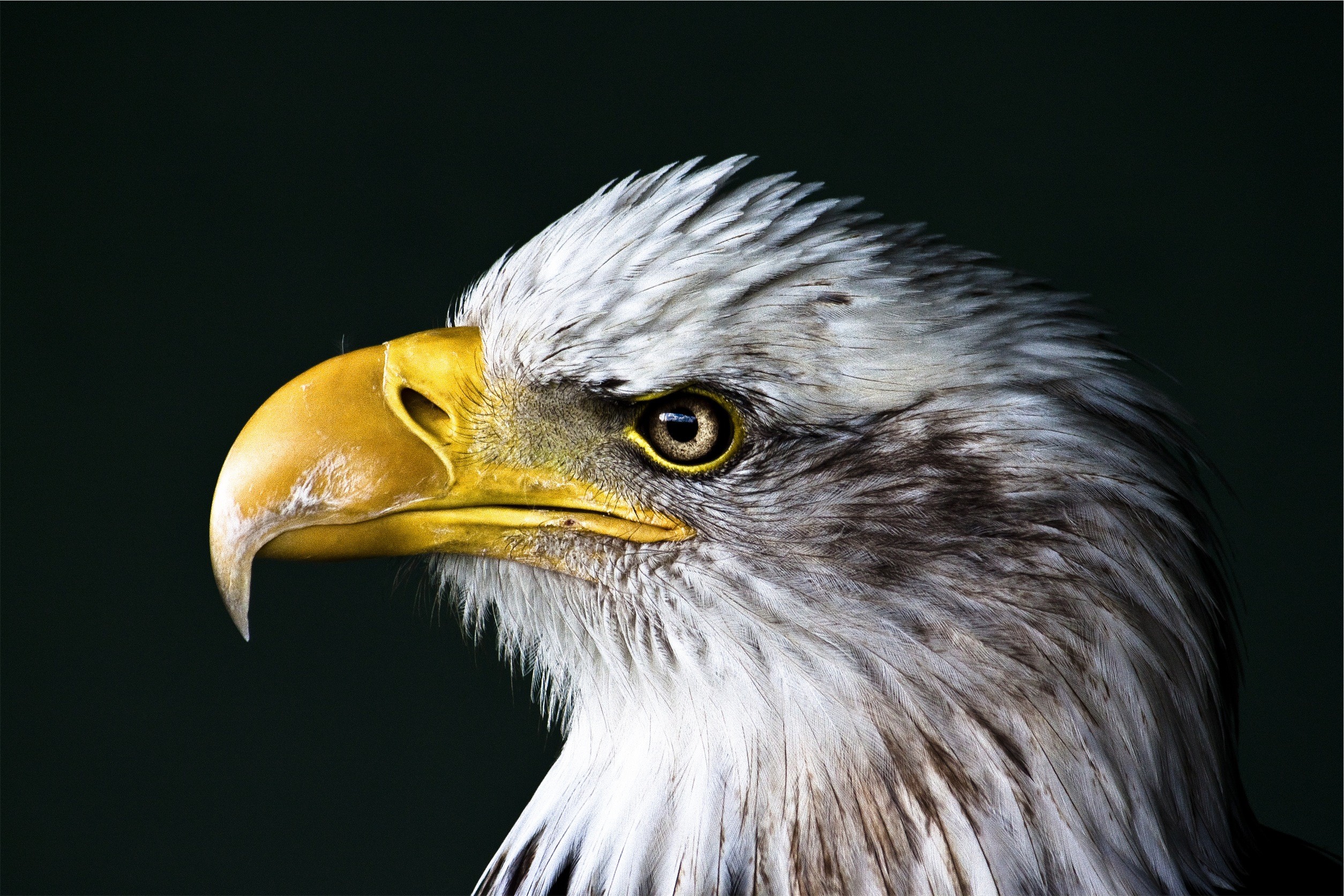
“When you have lost hope, you have lost everything. And when you think all is lost, when all is dire and bleak, there is always hope.” ~ Pittacus Lore, I Am Number Four
Pain hit me hard in my stomach and I was suddenly getting wave after wave of feverish attacks, yet I knew these were not the usual fever symptoms.
It was a Saturday morning. I had just finished my 10k run, and was feeling on top of the world. I sat outside in the open air facing the pool; the trees were swaying, the birds were singing and I was just about to start my writing.
The pain got worse and it was like nothing I had felt before. Nausea, stomach upset, pounding heart, cold sweat, trembling body and feeling dizzy. Those were the physical symptoms, and hard as they were, I could handle them.
The mental symptoms were the ones that shattered me. I got a severe miserable feeling, which made me feel helpless, lifeless and surrounded me with nothingness.
This all-sinking feeling is very hard to describe but its like you are in a deep, dark abyss of a well. You can’t get out and you see no possibility of doing so whatsoever.
I just lay on the floor, curled up and felt worthless. The birds that were singing had left; the trees that were swaying now became stationary, life-less objects.
Even the sun, my reliable savior in so many bad days, had decided to hide behind all kinds of nimbus clouds.
This feeling lasted for eons and eons and not the real time of five minutes that it took. I just didn’t know what happened, and felt confused and paralyzed to do anything.
All I could think of was to jump off a cliff or a tall skyscraper building, but luckily the closest places were hundreds of miles away.
Then, whenever I summoned my mind to think, I would get an irritable feeling as if a fly were inside my mind buzzing away in every corner, and there were no windows that I could open to let it out.
My anxiety and thoughts were growing exponentially, and my initial fears of blacking out were now growing to a single thought that I was going to die right now.
The fear compounded with pain, and confusion was taking me to my darkest parts. I was now picturing how my teenage kids would survive without me.
I was angry at the Universe as I still had many things to do, many things to be.
I was also getting angry about why was I going to die now after all the good work I have done for myself, after all the ladders that I have climbed, after the sweet spot I found for myself following so many years of torment.
After all, I was Mr. Positive Psychology, I was espousing how to awaken your aliveness and how to follow your bliss, yet I was on the floor crying and feeling the lowest of lows that I could not wish on anyone.
I was the one who would regularly quote Victor Frankl: “Everything can be taken from a man but one thing: the last of the human freedoms — to choose one’s attitude in any given set of circumstances, to choose one’s own way.”
But here I was, helpless, and I couldn’t lift my head, let alone change my attitude. I felt sorry for myself and wanted a break. What is the Universe throwing at me today? What is the lesson?
I’m tired of playing this game of Snakes & Ladders.
I go up, up and up, and then that snake bites and I fall back down again.
I know, I know, I swear I know that…
… in life I need to go down and then I can go up, that I need to learn my lessons so as to grow.
Today I thought…
… let me climb for a bit longer.
Give me your longest ladder and I’m willing to climb it all.
Show me the snakes so I can cut them down like Genghis Khan.
I know, I know, I swear I know that…
… it’s not fun when you know, or how you cannot appreciate the ladders without the snakes, or that the lessons are in the snakes.
Today I said…
… let me be the judge of all that.
I said…
… I want a ladder only and no more fucking snakes, at least for today.
I just stayed on the floor and cried and prayed hard. I clung to a mantra that I often use: This too shall pass.
It’s not very sophisticated, but it usually works, and slowly a bit of hope started penetrating my mind.
Then, another gift from the Universe, as my teenage daughter rushed towards me and hugged me, out of the blue, not knowing anything about what I had been through.
I hugged her back, and suddenly hope broke through the mind-vaulted gates of my heart like a tidal wave crushing aside all doubts, fears and negative thoughts that had engulfed me before.
My shoulders, so hard and tense, started to soften as I slowly relaxed and felt the gaps in between my anxious and fearful thinking widen.
I got more intentional with my thoughts, put on some meditative music and started breathing in and breathing out. I followed that by chanting my mantra of This too shall pass for some minutes.
I got a hold of myself — my true self. My monkey mind ceased feeding me fear, anxiety and misery.
Finally, my soul spoke to me, now that my mind was still and my heart was open, and whispered: Relax, and This Too Shall Pass.
I locked my bedroom; I curled up in bed, cried for a few minutes and knew that everything would be okay.
I cried not because I was in pain or despair.
I cried because my faith in the Universe was restored.
I cried because I wasn’t afraid anymore.
I cried because I love life and I want to live forever.
The tears, the prayers and the mantra somehow got rid of the fly in my mind, and I thought clearly for the first time during this dark spell.
I was diagnosed with mild hypoglycemia a few years back, but I had regulated my diet and I thought I had reversed it. It suddenly hit me that I was having a severe hypoglycemia attack.
This is when there is not enough sugar in your bloodstream. The first area to be affected is the brain as it doesn’t store any glucose and is totally dependent on the amount of sugar in the bloodstream.
The brain, starved of energy, then starts reacting badly causing those severe symptoms.
As I read more about the symptoms, my confusion eased, and at least now I knew what was happening to me and I immediately felt better.
Sometimes, all we need is a hug of hope, a key to our heart to turn what seemed like certain despair into a moment of soulful relief.
Unfortunately, there is always a small detour of pain that we need to take, but always remember that This Too Shall Pass.
(Published earlier in my blog as “Hug of Hope” but Re-edited)




 When you See Love with All your heart you shall find its Echoes in the Universe-Rumi
When you See Love with All your heart you shall find its Echoes in the Universe-Rumi
